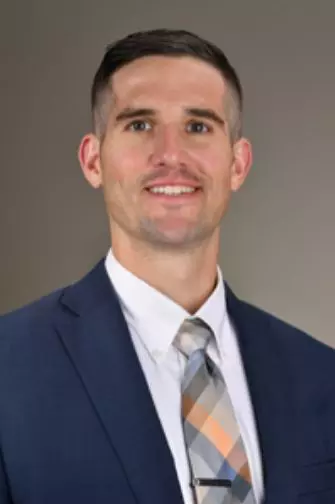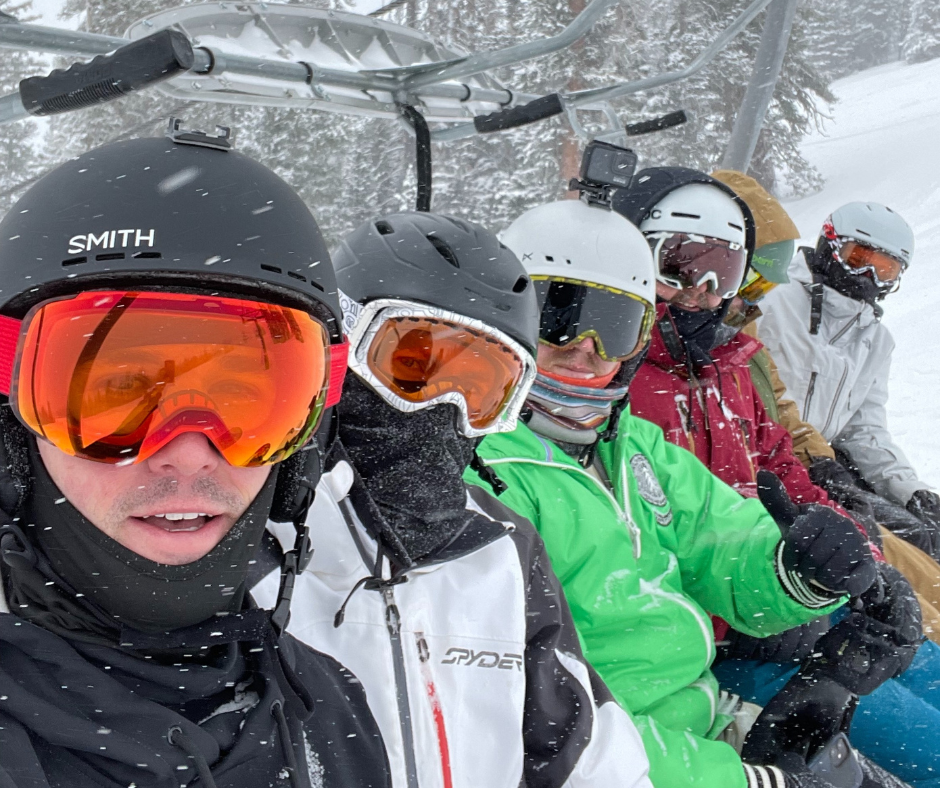September 05, 2023
Meet Mitchel Obey, MD
Orthopedic Trauma Specialist
Where are you from?
Chatfield, MN
What made you choose trauma care as an orthopedic specialty? 
As a medical student, I saw my first acetabulum fracture in the operating room and was immediately drawn to the specialty. Then later, as I began to rotate onto the orthopedic trauma service as a junior resident here at Washington University, my interest grew as I gained some of my earliest experiences with fractures and learning the principles of fracture fixation. This interest continued to deepen throughout the years as I spent more time on the service, began to identify mentors within the specialty, and started chief trauma call shifts. There's just something exciting about not knowing what cases you'll have posted the next day, not doing the same operations everyday, and having the opportunity to operate all over the body.
What brought you to Washington University Orthopedics?
I completed my Orthopedic Surgery Residency here at Washington University, really had an excellent five years, and fell in love with the program. I knew that I wanted to work at a busy, level-1 trauma center where I would have the opportunity to take care of high-energy injuries and complex orthopedic trauma patients. We see that here at Washington University, and the volume continues to grow each year. Additionally, I wanted to be part of an academic program that would give me the chance to be involved in teaching medical students, residents and fellows, as well as working alongside colleagues to advance the field through research and innovation.
What aspect of your practice do you find most interesting or rewarding?
I think the most interesting and exciting part of orthopedic trauma is that you never really know what cases you'll be doing the next day. The feeling of the "unknown" is energizing and always keeps you on your toes!
Anything new on the horizon for orthopedic trauma care?
I think an exciting part of orthopedic trauma is the constant innovation and advancement of the surgical implants we use. The principles of fracture fixation that we are taught haven't changed to any significant degree, but the implants we use continue to evolve more and more to solve the problems that we encounter in the operating room. I've had the opportunity to experience a small bit of the evolution over my six years of training, but I look forward to seeing what the future holds for orthopedic trauma.
What is the best advice you ever received? 
One of my fellowship mentors used to tell me "Hope ain't a tactic," and that means coming into every situation with a well-thought out plan (and a backup plan or two) in case things don't go as planned. I have found that advice to be invaluable.
What is your favorite thing to do outside of work?
Snowboarding, road cycling, rock climbing, and spending time with family and friends.
If you weren't a physician, what would you like to be doing?
Something in the realm of subtropical and marine biology.
Learn why patient's choose Washington University Orthopedics, request an appointment online or call (314) 514-3500.